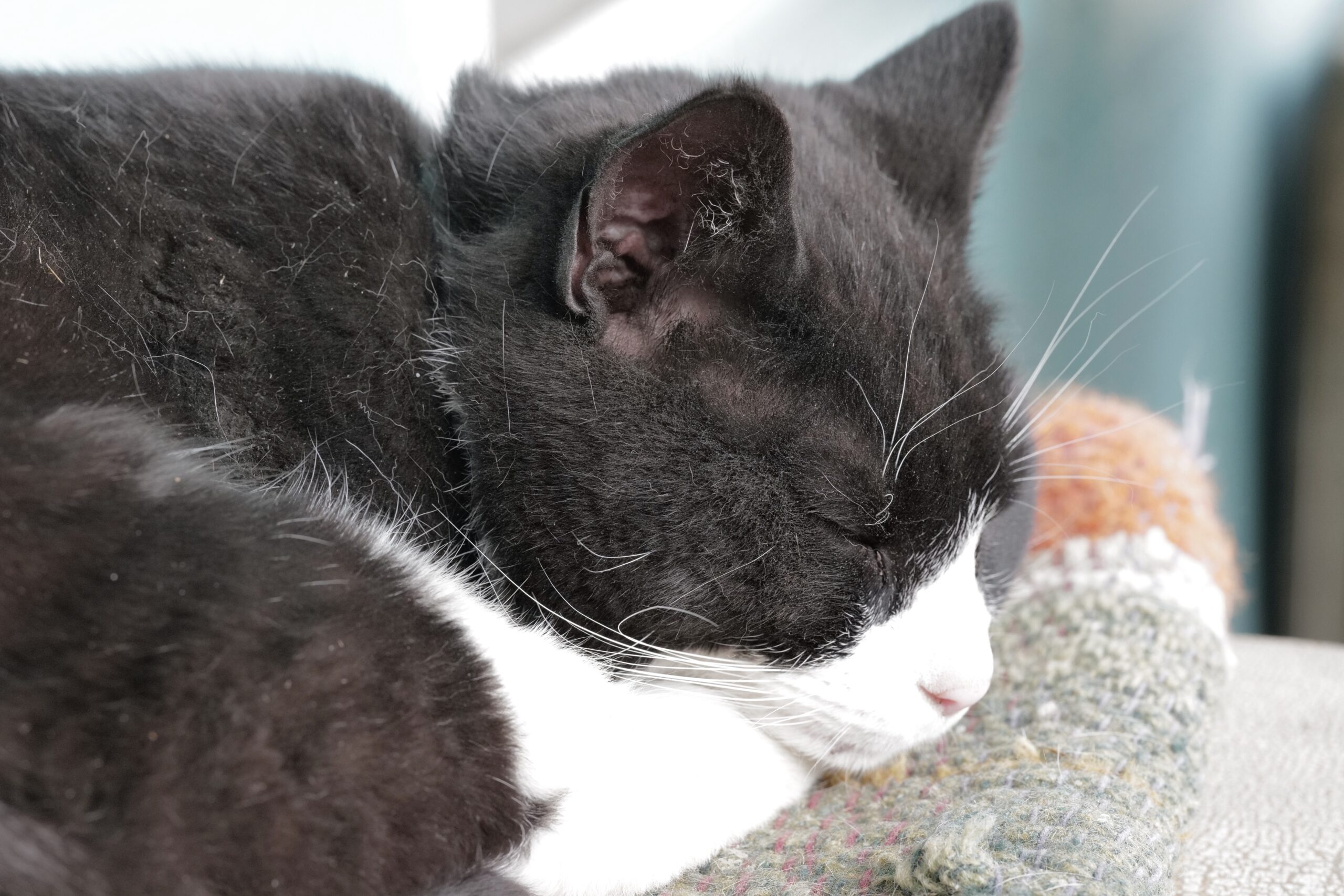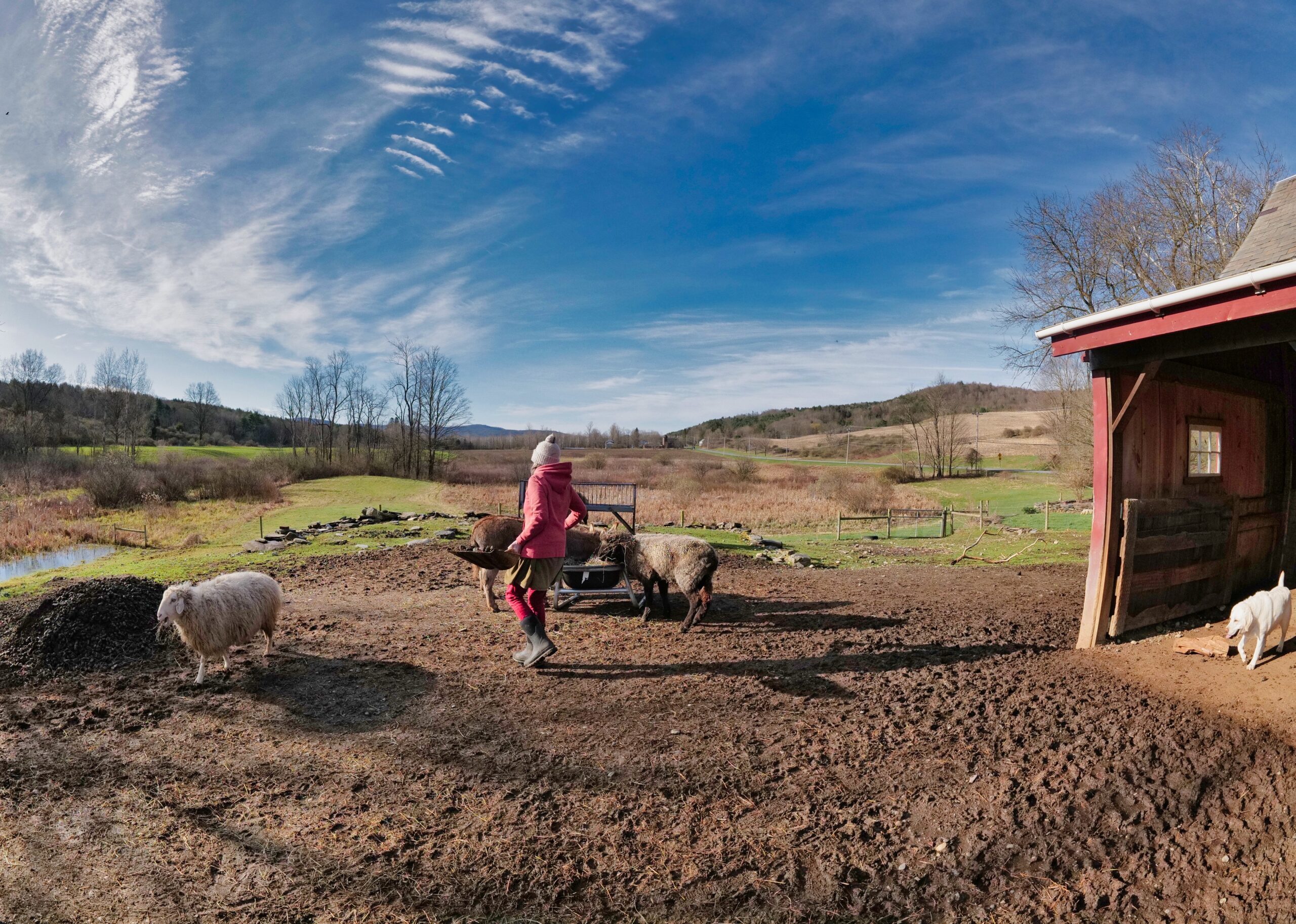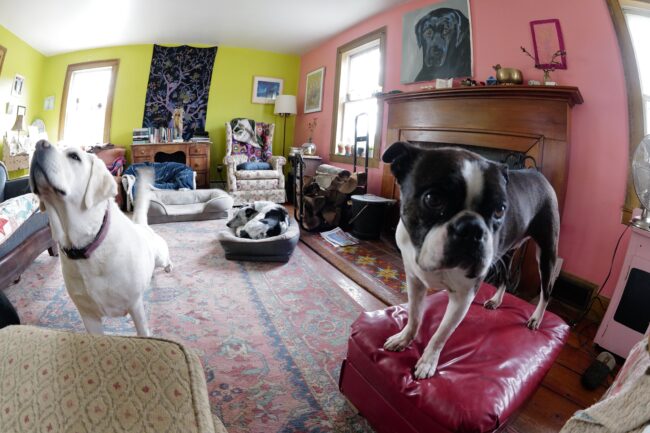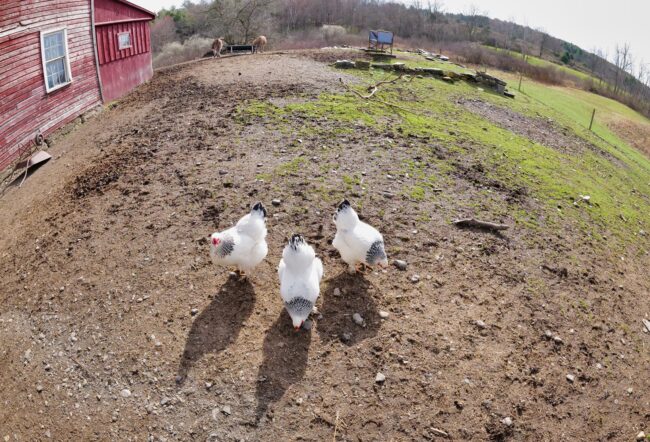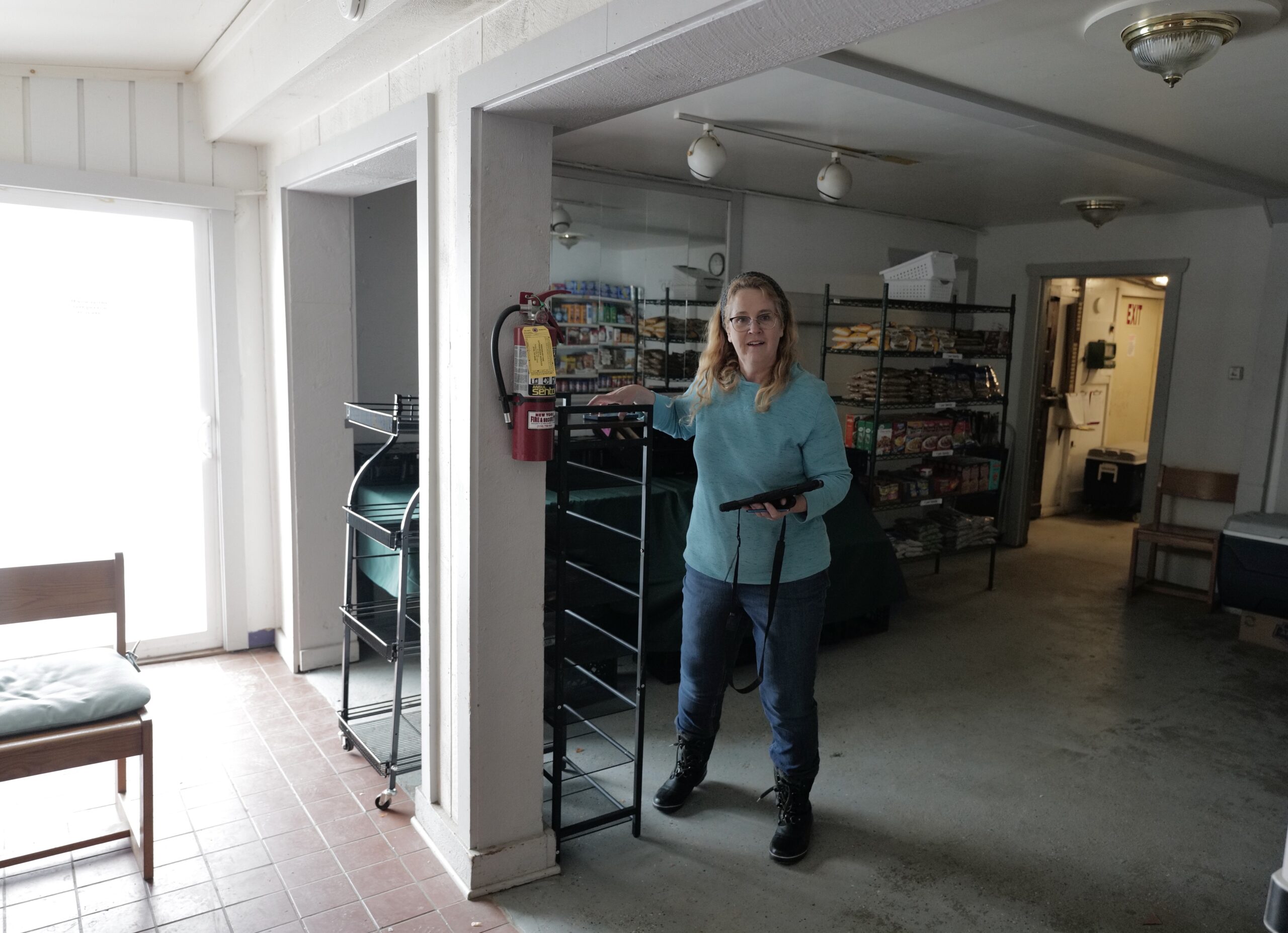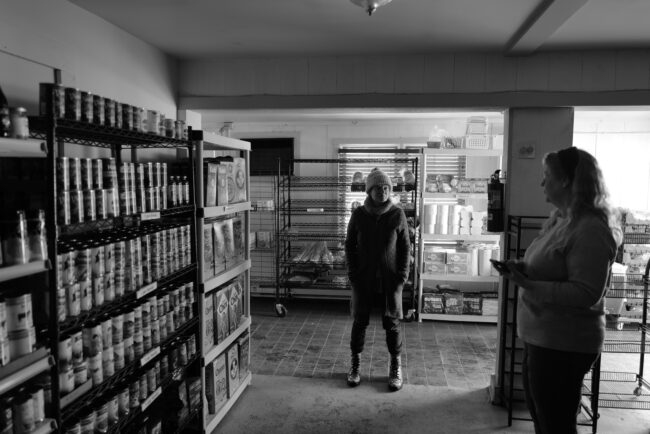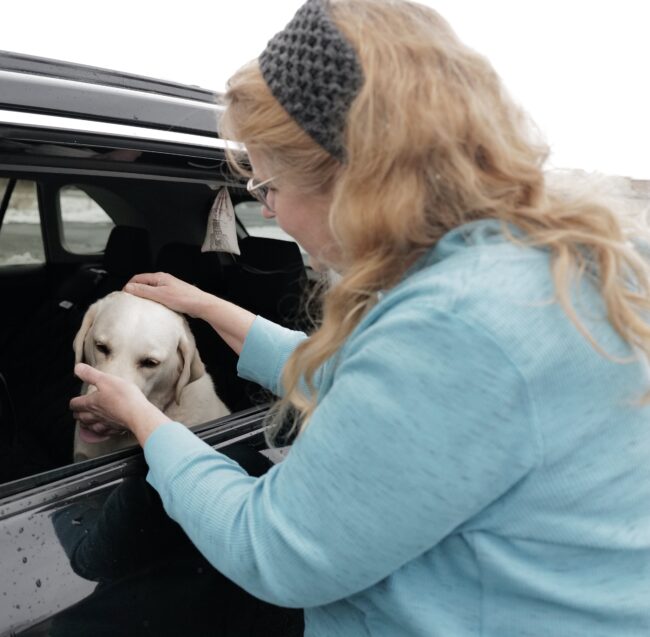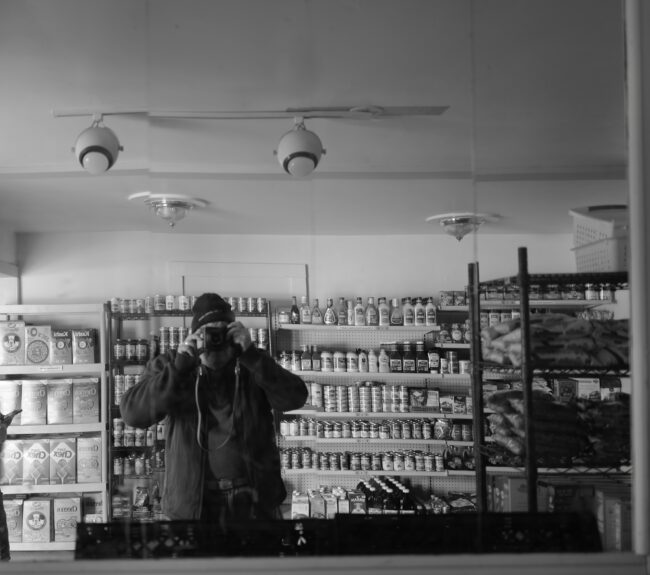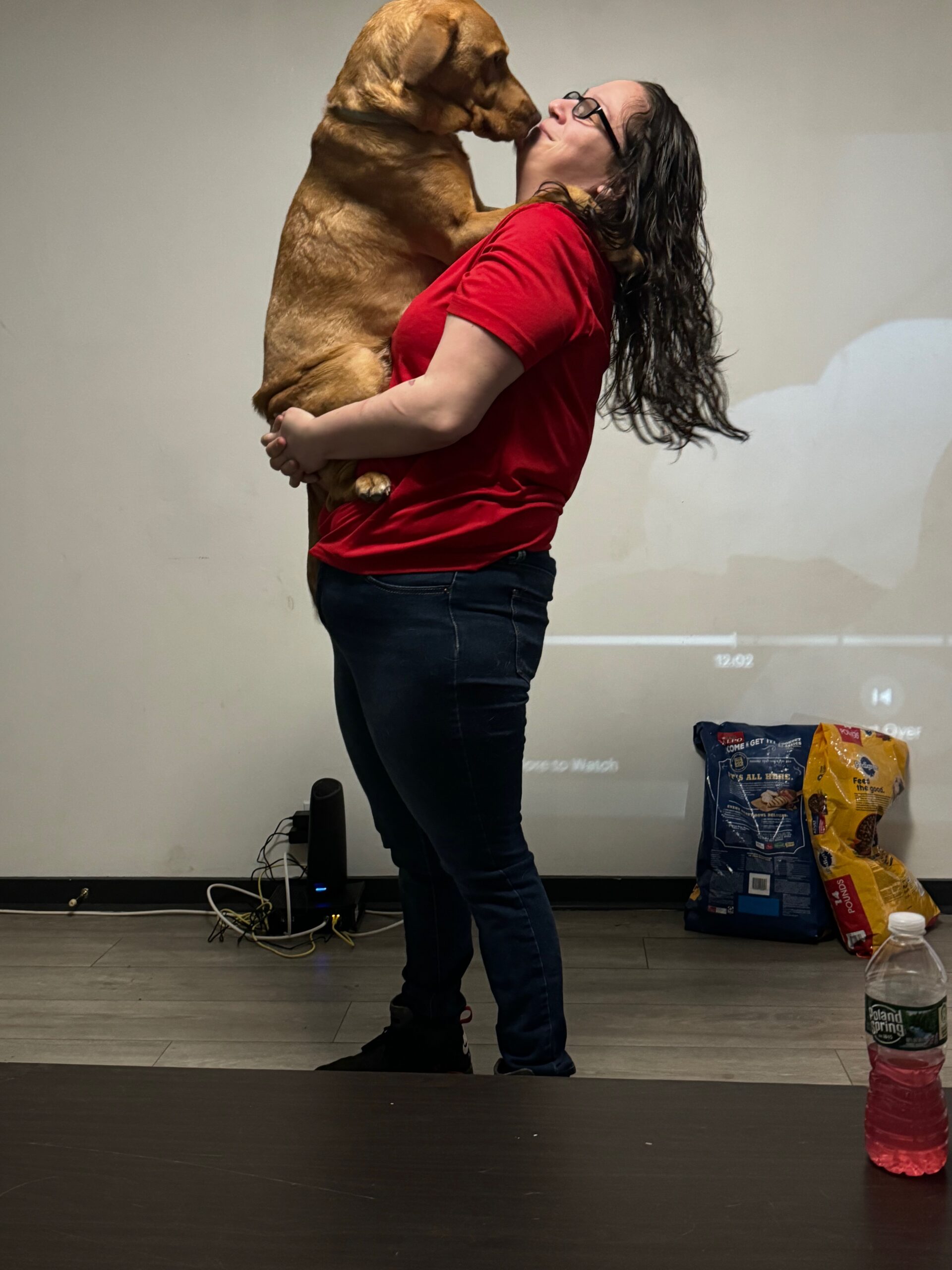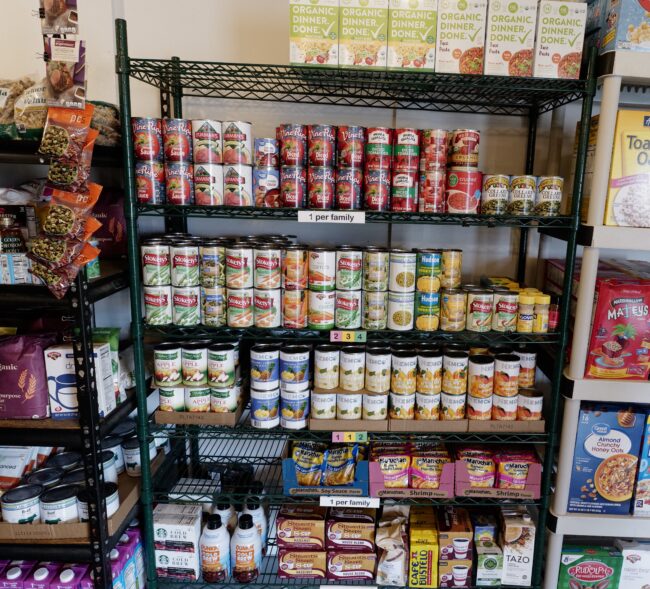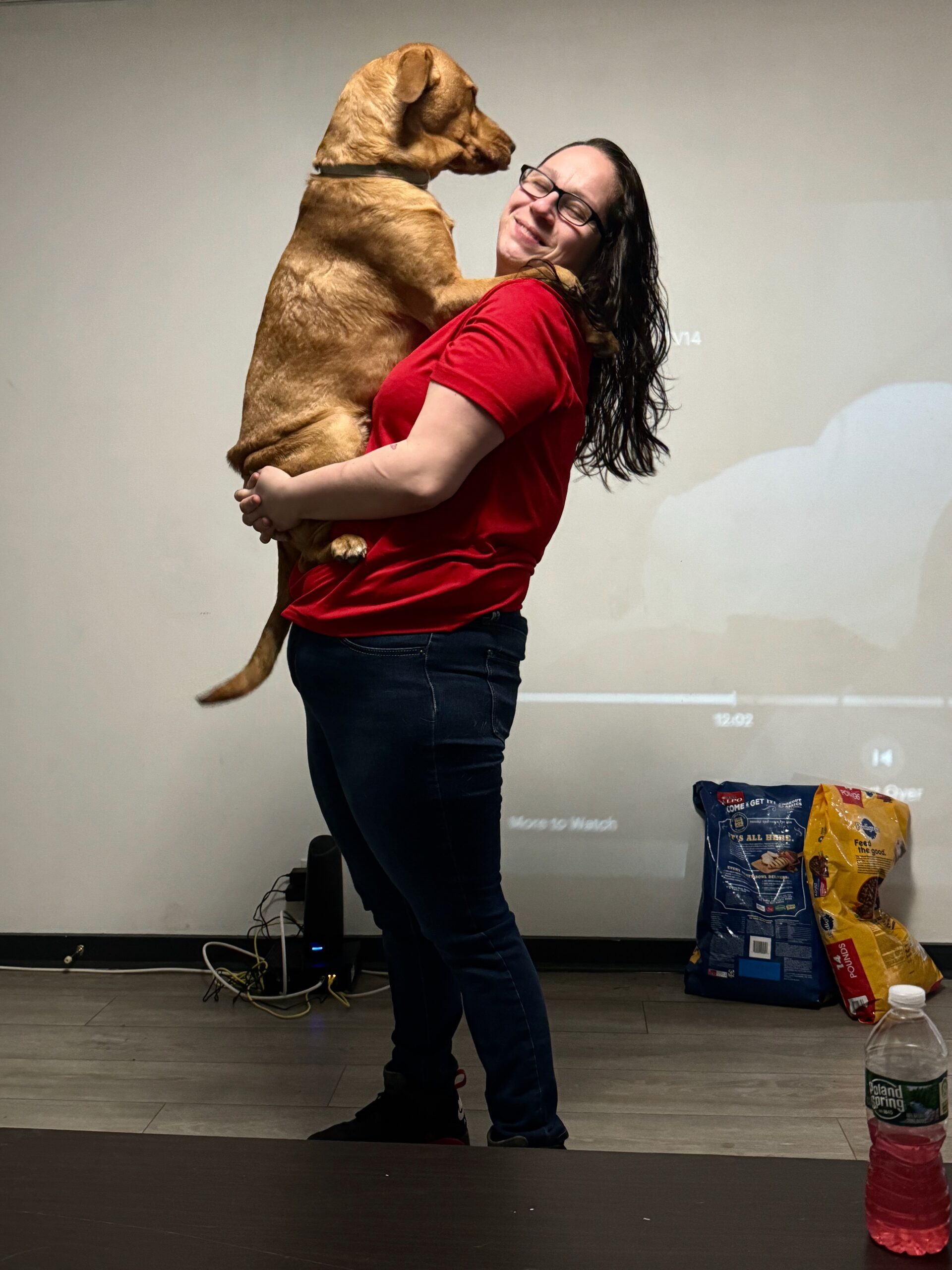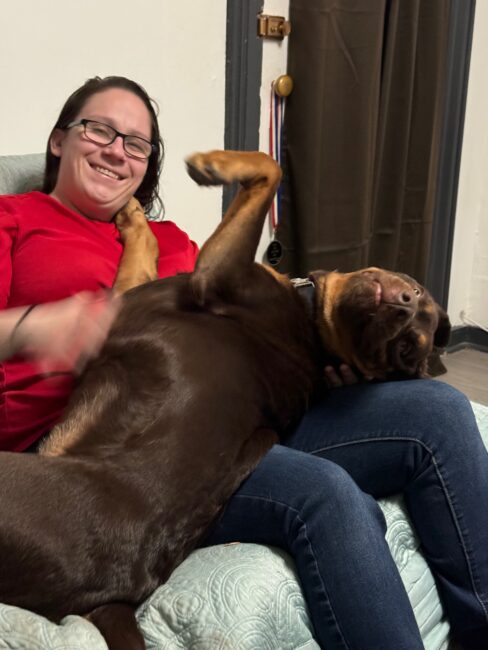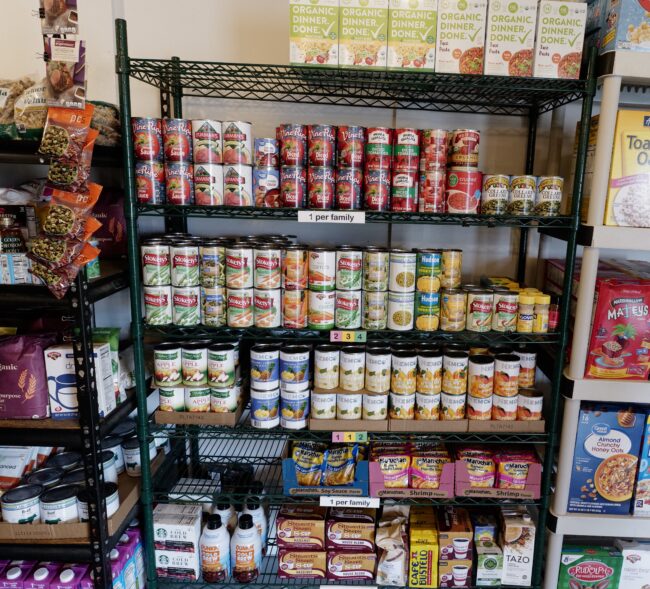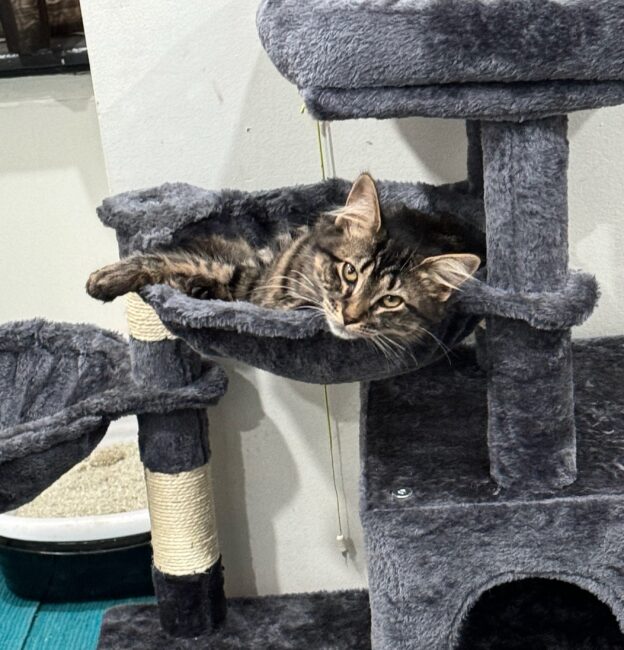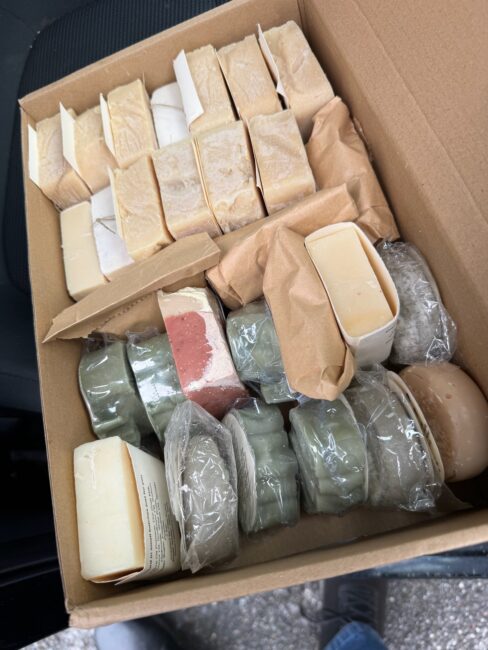“He has deinitely landed in exactly the right home for him. He gets adoration and can hunt chipmunks and whatever else he wants to.” – Barbara Mann.
Barbara Mann is an animal lover and blog reader, and I thought her message this morning was right on the money.
I’m not exactly a cat expert, but I’ve lived with Zip for months. He exudes trust, business, affection, and murderous cat skills and has ingratiated himself with every animal on the farm (except Bud, although we haven’t had a chance to find out).
He has three or four good sleeping hideouts, including a heated cat house, and occasionally hunts mice, chipmunks, moles, and birds. Maria spoils him rotten, and so do I.
Bud has everything a cat might want—good food, love, his shots, attention, hunting, brushing (which he needs again), warm places to sleep day and night, dog, sheep, and donkey friends, and even bits of salmon every week or so.
He and Zinnia play in the grass like children in a playground; the donkeys are happy to hang out with him.
He loves to sit on my shoulder and doze, and yesterday, he slept next to me while I photographed a flower on the porch table. At one point, I petted him and said, “I’m glad the animal rights people didn’t get the police to take you away. You seem so happy here, and we are so happy to have you here.” It was a healing and beautiful moment for me.
He is a hellion at times, but one with a big heart.
But the police visit wasn’t really funny. It speaks of the harm well-meaning but poorly informed yet what uninformed but powerful people do all the time in the name of animal rights.
People who know nothing about animals (that would be most of the animal rights people I’ve met) should not be permitted to determine their fates.
That visit, could’ve turned out very differently and has in many places around the country.
Twenty equine vets from all over America have examined the New York Carriage horses and said they are the best cared for horses they have seen; they are healthy, happy, and well protected.
Yet the animal rights movement insists they be sent off to distant sanctuaries that don’t exist because working for people is cruel.
Zip does the same thing they do; he doesn’t sleep in the farmhouse. He could have had the same fate as many horses who lost their jobs, which is important for me to remember. The people who claim to support animal rights wanted to take him away from us—abuse in reverse.
The longer I live with Zip, the angrier I get, and I don’t like or want to be angry. The truth is you can’t hate animals and love people. They go together.
I laughed when the police came and said someone from out of town called them to say I was abusing our cat by not letting him sleep in the house, but in a barn or on the porch.
I thought about it yesterday. It wasn’t funny, and I shouldn’t joke about it. If I hadn’t lived in the country where there is still some sanity about working animals (Zip is our barn cat, rat, and mouse remover service), they might have taken him away, which is a sad thing for him and us.
A California woman who used to give pony rides to children was driven from her work offering rides because one member of a human rights group decided it was cruel.
The police who investigated said the ponies were healthy and well-treated. She was asked to leave the town grounds. She couldn’t take care of the ponies any longer, and they were sold. They are all dead now.
This work with children was her life; she lost it all and her livelihood.
That isn’t funny either.
It reminds me that many of the people who call themselves warriors for animal rights are killing off most domestic working animals and persecuting the people who most often love, work with, and need them.
Those people do not have the resources and soapbox I have; they have no way to fight back. Zip reminds me of what many of them have lost and are losing every day.
We need a new way to think about animals, especially those who have worked with human beings for thousands of years and helped us with farming and building protection and companionship.
Animals just like Zip and working horses. We were invaded by rats and mice, rodents that often spread diseases that kill and sicken animals and people.
We have to keep them working with people who care for them, as we care for Zip, so they can keep a place alongside humans in this greedy and disconnected world.
There is no greater right for animals than the right to survive in our world rather than to be sent off to waste and die in some field or be sent to Mexico and have nails drilled into their heads, or euthanized as happens to so many working horses, as well as ponies, elephants and working dogs that animal rights groups have decided should never be allowed to work with people, so are sent off to die or be killed.
I need to keep pointing this tragedy out to people while there are still animals to live with and work with. At this rate, that will be a short time.
Among other things, Zip will also stand out in my mind as a symbol of why we need working animals and should fight for their right to live their natural lives.
My wish for them is to continue to help people, love them, and live with them.
I can forgive the ignorant and broken woman who called the police to get them to take Zip away. She was not alone.
But I won’t forget her. Zip will remind me.

